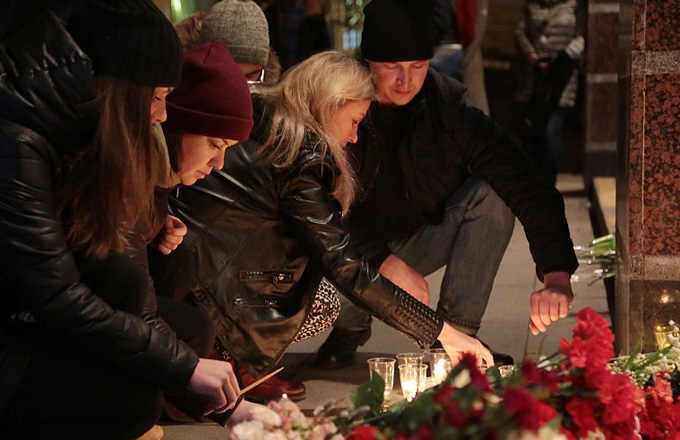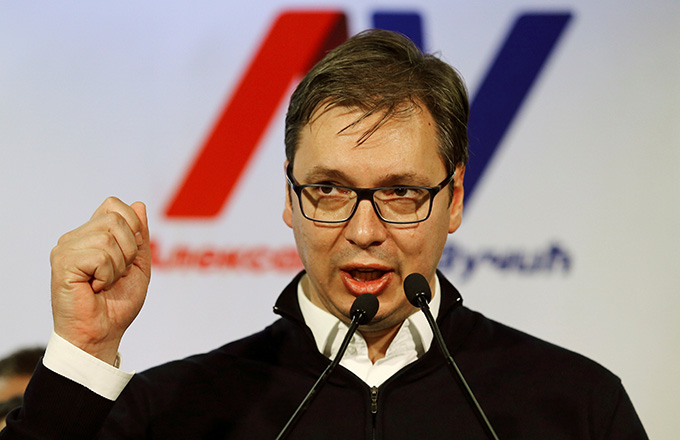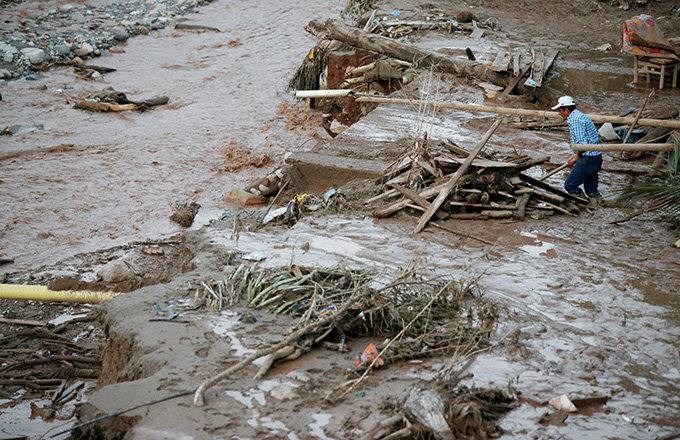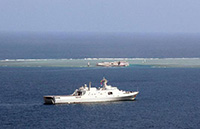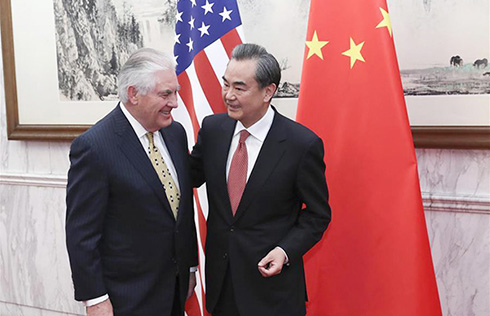China's UN rep praises peace process in Darfur
The international community must continue to assist in mediation efforts to maintain stability in Darfur, said China's permanent representative to the UN.
"The Darfur issue involves a multiplicity of factors, such as political security, development, and humanitarian factors and must be resolved in a comprehensive manner in which political settlement is the foundation and the key," said Liu Jieyi on Tuesday at the UN Security Council.
"The international community must continue to support the mediation efforts of the EU high-level implementation panel to immediately assist the Sudanese government, the Darfur armed groups, and the opposition groups to implement a roadmap agreement, and resolve differences through dialogue so as to seek a sustained and peaceful settlement of the Darfur issue," he said.
A UN peacekeeping mission in Darfur – known as the United Nations-African Union Mission in Darfur (UNAMID) – was established in 2007 to bring stability to the region. In light of an increased number of peace agreements, a continued reduction in inter-communal security incidents, and more effective involvement of the Sudanese administration, the African Union and the UN are considering a strategy for the peacekeeping force to eventually leave Darfur, according to the UN.
"The Darfur of today is a very different place from what this region was in 2003, when the armed conflict began, and from that of a year ago," said Jeremiah Mamabolo, deputy joint special representative of UNAMID, at the Security Council meeting.
Mamabolo said that fighting between Sudanese government forces and other armed movements has diminished considerably.
Liu said that on the 10th anniversary of the establishment of UNAMID, China hopes that the UN and the African Union can submit a report to the Security Council on a drawdown of the UNAMID, keeping in mind that "UN peacekeeping operations must follow the changing dynamics and the will of host country, adjust its mandate and size as appropriate.''
"This can not only improve the mission's efficiency and efficacy, but can also concentrate limited peacekeeping resources [to optimize] resource allocation," he said.





